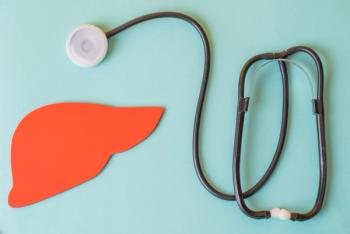
The Power of Treating Patients as Partners in MS Clinical Research
As a medium, the Internet neither helps nor harms in multiple sclerosis care - what matters is how clinicians and patients engage in that medium, according to Paul Wicks, PhD, vice president of innovation at PatientsLikeMe.
As a medium, the internet neither helps nor harms in multiple sclerosis (MS) care — what matters is how clinicians and patients engage in that medium, according to Paul Wicks, PhD, vice president of innovation at PatientsLikeMe.
His company is a Patient Powered Research Network, which are becoming increasingly common, he explained during his session at the 2014 ACTRIMS-ECTRIMS Joint Meeting in Boston, Massachusetts.
“What [these networks] signify is a move from the internet being full of stories to being full of data,” he explained.
What percentage of all MS patients are actually listened to and taken seriously, Wicks wondered. How much real-time data is being tracked on these individuals? If a smartphone app like Angry Birds or Candy Crush crashes, a bug report is immediately sent to the developer to help prevent the issue from happening again, and Wicks asserted that this system is better than the one in place in healthcare.
“We have better data tracking systems for our video games than for our patients,” he said.
One of the areas that PatientsLikeMe believes getting patient input is important is with patient-reported outcomes. By listening to what they have to say in this area, clinicians can be sure they are measuring things that are important to patients and ensure individuals are no longer just telling stories, but delivering quantifiable data that can be used.
Similar to a social network, users on PatientLikeMe share data about symptom onset, type of condition, and experience with different disease-modifying therapies. The purpose is not to give recommendations to other patients, but for the data from each individual experience to be aggregated and used to the best advantage.
To keep out the so-called “quacks” and frauds, Wicks explained that PatientsLikeMe uses computer security methods to prevent people from logging in with multiple accounts and spamming the site, and relies on the community to flag inappropriate posts. Plus, trained moderators, some of whom are nurses, ensure there is no bullying taking place.
He beseeched people to keep an open mind about the data being shared, although be “not so open minded that our brains fall out.”
“Increasingly, the internet, with its culture of open and sharing, is coming to infect medicine and it’s time we took that and got used to it,” he said.
Newsletter
Stay ahead of policy, cost, and value—subscribe to AJMC for expert insights at the intersection of clinical care and health economics.
















